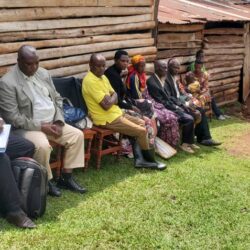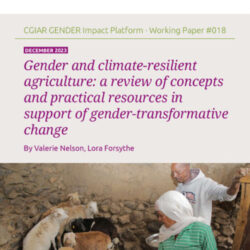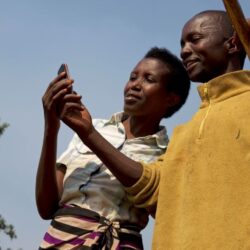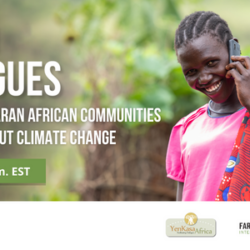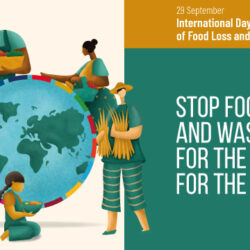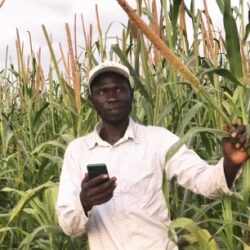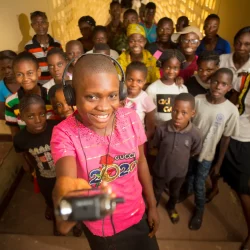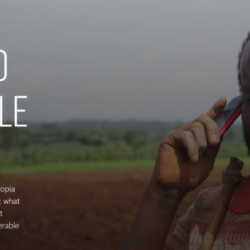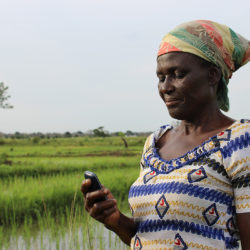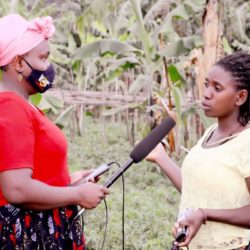The CNOP-Burundi: A march towards restructuring and revitalizing member agricultural cooperatives
The National Coordination of Farmers’ Organizations of Burundi (CNOP-Burundi) has taken a significant step in restructuring and revitalizing its member agricultural cooperatives. With the support of IFAD, through the implementation of the FO4ACP project by PROPAC, CNOP-Burundi has successfully welcomed more than 103 active and dynamic agricultural cooperatives operating on the ground. This marks a first in the organization’s history. These cooperatives, some of which are exemplary agricultural cooperatives in

